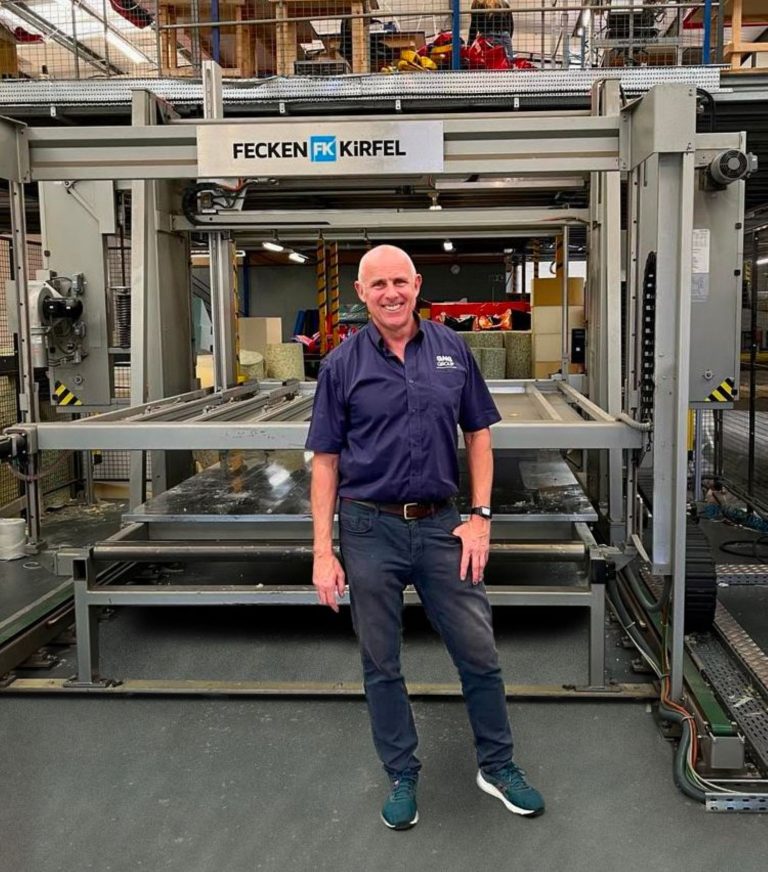“We look forward to working with our new partners and welcome further institutional capital to help grow this fund and give SME housebuilders the helping hand they need to get more quality homes built in our regions.
“By empowering smaller regional housebuilders, the Fund will help to encourage the creation of sympathetic and environmentally responsible projects while supporting the regional SME house building sector and boosting regional job creation. The Fund employs a robust underwriting process overseen by Newstead, incorporating its own credit, environmental, social and governance metrics and will encourage the development of sustainable housing by taking new homes’ energy efficiency into account at the underwriting stage. Simon Champ, CEO at Newstead Capital, said: “This is an exciting step for Newstead. Our fund is the first of its kind. We are providing a conduit for long term institutional investors to gain access to a market which until now has been out of reach. “The Newstead RELF is aimed exclusively at the unfulfilled need for capital from regional housebuilders. Regional housebuilding has historically been critical to the economy, providing the country with a diverse range of smaller housing communities. The fund gives pension, insurance, and wealth management institutions an appropriate long term investment platform to support this vital industry.“By meeting this demand, we will provide an attractive return for investors, the taxpayer and Manchester retirees, while also empowering local SME builders to compete with larger housebuilders. The Newstead RELF fund will allow more new homes to be built, tackling the housing shortage and contributing to levelling up by allowing smaller sites to be developed, with the associated environmental benefits.”












